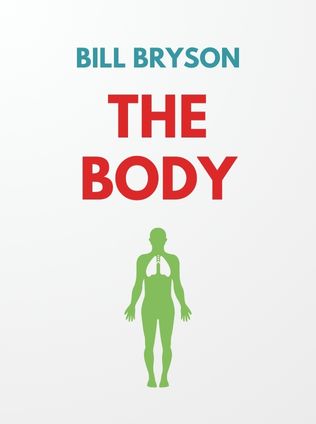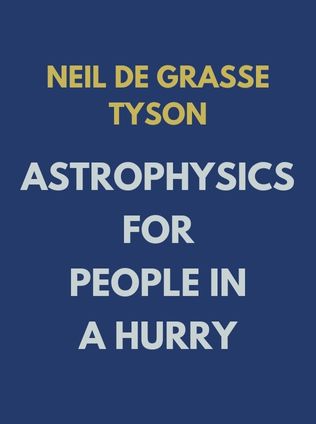
Homo Deus
A History of Tomorrow
By Yuval Noah Harari
Published 01/2015
About the Author
Yuval Noah Harari is an Israeli historian, philosopher, and professor at the Hebrew University of Jerusalem, renowned for his ability to weave together history, philosophy, and science into narratives that challenge conventional thinking. Harari first gained international recognition with his bestselling book "Sapiens: A Brief History of Humankind," where he traced the journey of Homo sapiens from insignificant apes to rulers of the world. His follow-up, "Homo Deus: A Brief History of Tomorrow," shifts focus from the past to the future, exploring the potential trajectories that humanity might take in the coming centuries. Harari's works have been translated into dozens of languages and have sparked debates on topics ranging from artificial intelligence to the future of democracy, cementing his status as one of the most influential thinkers of our time.
Main Idea
In "Homo Deus: A Brief History of Tomorrow," Yuval Noah Harari explores the future of humanity in an age where technology, artificial intelligence, and biotechnology are poised to fundamentally alter the human condition. Harari argues that the great challenges that once defined human existence—famine, plague, and war—are being replaced by new ambitions: the quest for immortality, perpetual happiness, and divinity. These new goals could transform Homo sapiens into Homo deus, or "god-like humans," but they also pose significant risks. The book delves into how these developments might lead to the decline of current political, social, and economic systems, replaced by advanced algorithms, "superhumans," and data-driven governance. Harari's central thesis is that humanity is on the brink of a new evolutionary phase, one that could lead to unprecedented prosperity or catastrophic consequences.
Table of Contents
- The Past: The Rise of Homo Sapiens
- The Creation of Meaning
- The Present: The Rise of Humanism
- The Branches of Humanism
- Threats to Liberalism in the 21st Century
- The Future: Techno-Religions
- Techno-Humanism
- Dataism
The Past: The Rise of Homo Sapiens
Harari begins by examining the past to understand how Homo sapiens became the dominant species on Earth. He argues that humans' ability to cooperate flexibly in large groups is the key to our dominance. Unlike other species, humans can create and believe in shared myths—religions, nations, money—that allow them to cooperate with strangers in ways that would be impossible otherwise. This cognitive revolution, which occurred around 70,000 years ago, enabled humans to build complex societies and eventually conquer the planet.
Harari challenges the notion that humans are special because of their consciousness or self-awareness. Instead, he posits that our success is due to our ability to create and spread stories that unite large numbers of people. For example, religions, whether ancient or modern, have provided powerful narratives that justify social hierarchies and motivate collective action. Harari cites the example of pre-Soviet Russia, where a small number of noblemen controlled millions of commonfolk by ensuring that the lower classes never learned to cooperate with one another. This control was maintained through narratives that justified the social order and discouraged rebellion.
The Creation of Meaning
One of the central themes of "Homo Deus" is the idea that humans have created meaning through stories and myths. Harari argues that the ability to create shared stories is what allowed Homo sapiens to dominate the planet. These stories provided the foundation for religions, cultures, and nations, enabling large-scale cooperation among people who otherwise would have had little in common.
About 70,000 years ago, Homo sapiens developed the cognitive ability to create and share stories. This ability, known as the cognitive revolution, allowed humans to create complex societies by binding people together with shared myths. These myths ranged from the religious—gods, spirits, and ancestors—to the secular—nations, corporations, and money. Harari explains that while these stories may not be "real" in a physical sense, they have real power because they shape human behavior and create social cohesion.
As human societies became more complex, the need for shared stories grew. The invention of writing and the rise of organized religion allowed for the creation of more sophisticated and enduring myths. Harari redefines religion not merely as belief in deities, but as any system of beliefs that creates ethics and laws within a human structure. In this sense, modern ideologies such as capitalism, nationalism, communism, and even scientific ideologies function as religions because they provide a framework for cooperation and ethical behavior.
Sign up for FREE and get access to 1,400+ books summaries.
You May Also Like
Factfulness
Ten Reasons We're Wrong About the World – and Why Things Are Better Than You Think
By Hans Rosling



















